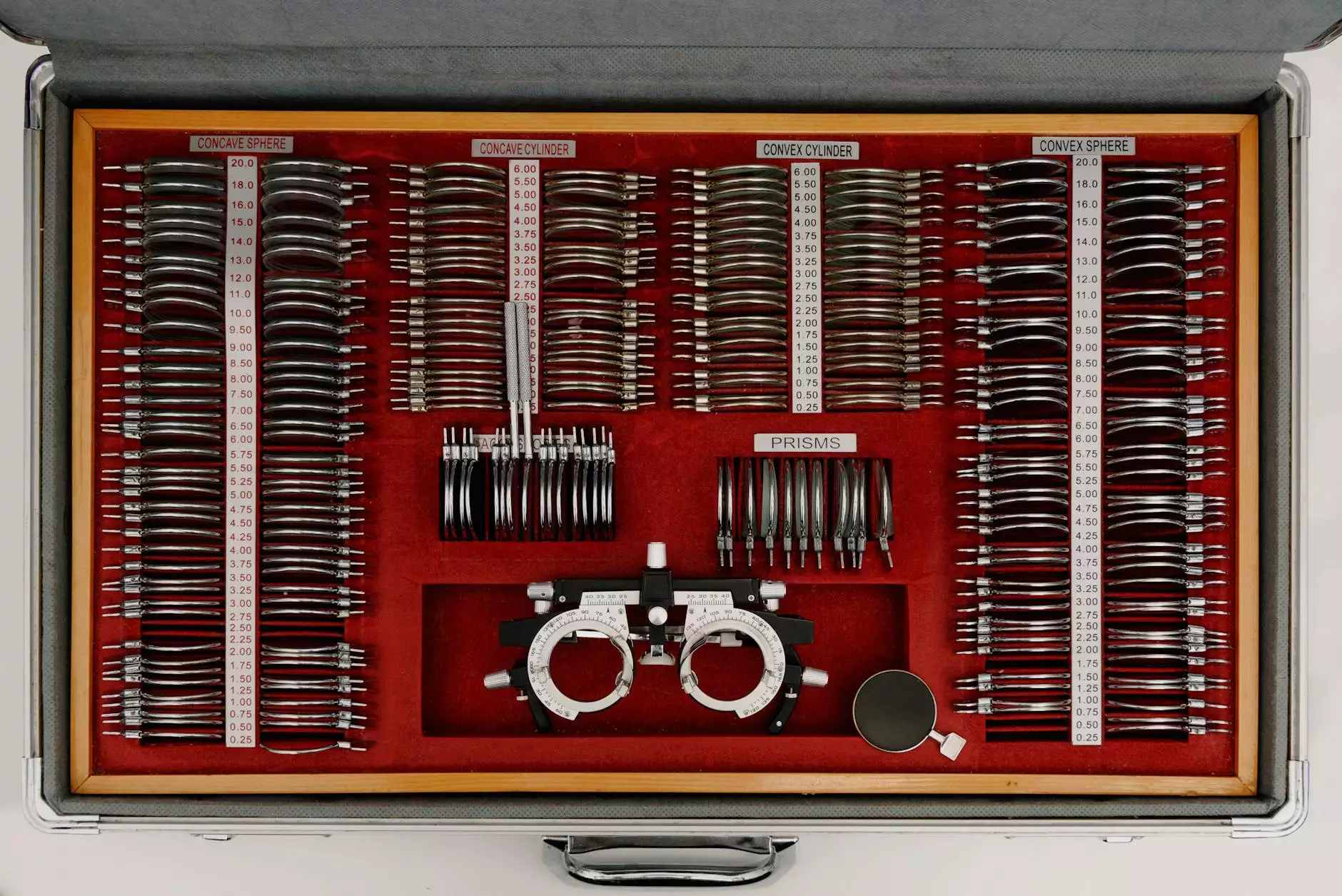The Evolution and Importance of Auto Parts Manufacturers

The automotive industry has undergone significant transformations over the decades, with auto parts manufacturers playing a pivotal role in this evolution. From their humble beginnings to becoming key players in global manufacturing, these companies have driven innovation and efficiency in vehicle production. In this comprehensive article, we will delve into the various facets of auto parts manufacturing, including its history, processes, challenges, and future trends.
History of Auto Parts Manufacturing
The journey of auto parts manufacturers dates back to the late 19th century when the automobile was invented. Initially, vehicles were artisan-crafted with limited parts, often customized for each car. However, as demand surged, the industry began to see a shift towards mass production.
In 1913, Henry Ford revolutionized the automotive industry with the introduction of the assembly line. This innovation drastically reduced production time and costs, allowing manufacturers to produce cars at an unprecedented scale. As a result, the demand for standardized auto parts grew, ushering in the era of specialized auto parts manufacturers.
The Role of Auto Parts Manufacturers in Today’s Automotive Industry
Today, auto parts manufacturers are essential to the automotive ecosystem. They design, create, and supply various components, ensuring that vehicles operate efficiently and safely. Their contributions can be grouped into several key areas:
1. Diverse Product Range
Auto parts manufacturers produce a vast array of components, including:
- Engine Parts: Crankshafts, pistons, and cylinder heads.
- Transmission Components: Gears, clutches, and torque converters.
- Chassis Parts: Suspension systems, brake components, and axles.
- Electrical Systems: Alternators, starters, and wiring harnesses.
- Body Parts: Fenders, hoods, and bumpers.
This diversity allows original equipment manufacturers (OEMs) to source everything they need from a variety of suppliers, enhancing flexibility and reducing costs.
2. Innovation and Technology
Auto parts manufacturers are continually investing in research and development (R&D) to innovate new products and improve existing ones. Advanced technologies such as:
- 3D printing
- Computer-aided design (CAD)
- Artificial intelligence (AI)
- Internet of Things (IoT)
are transforming the landscape of auto parts manufacturing, allowing for more efficient production processes and the creation of high-performance components.
3. Quality Assurance
Quality is paramount in the automotive industry. Auto parts manufacturers adhere to strict regulatory standards and industry certifications, ensuring that every component meets or exceeds expectations. Quality control processes include:
- Material testing
- Dimensional inspections
- Performance evaluations
- Robust traceability systems
These rigorous standards ensure the reliability and safety of the components produced.
Challenges Faced by Auto Parts Manufacturers
Despite their importance, auto parts manufacturers face several challenges that can impact their operations:
1. Supply Chain Disruptions
Global events, such as the COVID-19 pandemic, have highlighted the vulnerability of supply chains. Auto parts manufacturers must build resilience by diversifying suppliers and adopting just-in-time manufacturing techniques to mitigate disruptions.
2. Ramping Up for Electric Vehicles
The automotive landscape is shifting towards electric vehicles (EVs), requiring manufacturers to adapt. This transition involves:
- Developing new parts for EVs
- Training staff on new technologies
- Investing in sustainable production practices
Auto parts manufacturers need to embrace this change to remain competitive.
3. Environmental Regulations
As global awareness of environmental issues increases, auto parts manufacturers face regulations that demand environmentally friendly practices. Implementing sustainable manufacturing processes and reducing waste are critical for compliance and brand reputation.
The Future of Auto Parts Manufacturing
The future looks promising for auto parts manufacturers as they leverage emerging technologies. Some trends to watch include:
1. Automation and Robotics
Automation is set to streamline production processes further, reducing costs and improving efficiency. Robotics will play a crucial role in assembling complex components and ensuring high precision in manufacturing.
2. Sustainability Initiatives
Manufacturers will increasingly prioritize sustainability, investing in eco-friendly materials and processes. This not only helps in regulatory compliance but also aligns with consumer expectations for accountability in manufacturing practices.
3. Increased Collaboration
Collaboration between auto parts manufacturers, OEMs, and tech companies will drive innovation. This partnership model allows entities to share resources, technologies, and insights, enhancing the overall quality of automotive products.
Conclusion: The Crucial Role of Auto Parts Manufacturers
Auto parts manufacturers are integral to the automotive industry, influencing everything from production efficiency to vehicle safety. As the industry evolves, these manufacturers are poised to adapt and thrive, navigating challenges and embracing innovations. Their commitment to quality, sustainability, and technological advancement will not only benefit their businesses but also contribute to a more efficient and environmentally conscious automotive landscape.
For those looking to understand the significance of the auto parts industry, the role of manufacturers cannot be understated. They set the foundation for a reliable and effective automotive sector, which is increasingly becoming essential in our fast-paced, environmentally aware society.
Get Involved With Top Auto Parts Manufacturers
If you're interested in learning more or exploring partnerships within this dynamic sector, don’t hesitate to reach out to leading auto parts manufacturers. Websites like imautoparts.com offer comprehensive insights and resources to help you navigate the world of auto parts.









